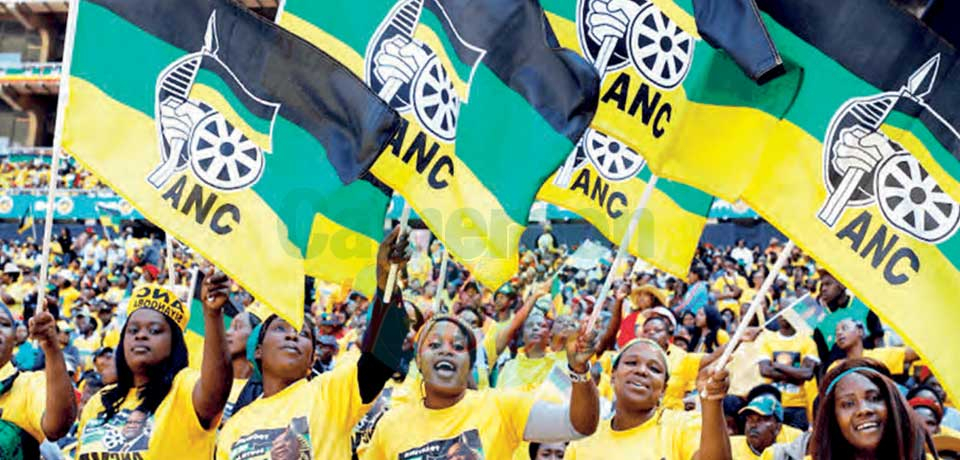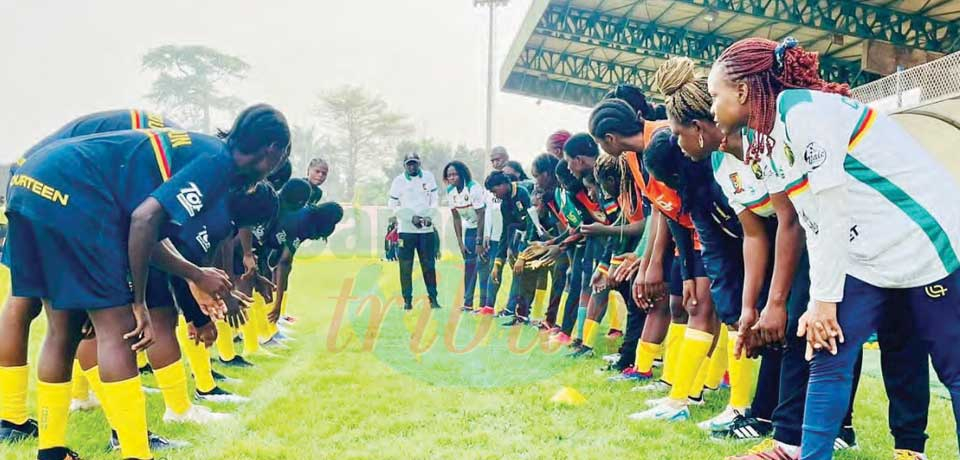South Africa : Africa National Congress At Crossroads
- Par Eldickson Agbortogo
- 15 Dec 2022 13:44
- 0 Likes

Twenty-eight years after coming to power, most observers are of the opinion that the ruling party has not lived up to expectation.
When the Africa National Congress (ANC), came to power in South Africa after the first democratic election on 27 April 1994, many South Africans and beyond were beaming with smiles that a new dawn had come. Nearly 20-million South Africans queued outside voting stations to cast their ballots. For the first time in history, all South Africans over the age of 18, irrespective of race, had the right to vote. Freedom Day, 27 April, is now a National Holiday.
Several years after, the country is not only galloping, but has been described as the most unequal country in the world, with race playing a major role in advancing inequality, according to a report by the World Bank’s global poverty database. The survey, released months back shows that 10% of South Africa’s white population still holds 80.6% of the financial assets in the country. “In South Africa, the legacy of colonialism and apartheid, rooted in racial and spatial segregation, continues to reinforce inequality of outcomes,” said the report. It said unequal land ownership in South Africa perpetuates historically high levels of income inequality. Most of South Africa’s land is owned by whites, who also control the largest manufacturing and financial institutions. Most Black South Africans are workers and remain poor, with the exception of a few ruling elite and the privileged middle class.
The prevailing situation in the country has been attributed to the lack-lust performance and division within the ruling ANC party which has not been able to meet up to her promises. Since coming to power, more than half of what the ANC party promised in th...
Cet article complet est réservé aux abonnés
Déjà abonné ? Identifiez-vous >
Accédez en illimité à Cameroon Tribune Digital à partir de 26250 FCFA
Je M'abonne1 minute suffit pour vous abonner à Cameroon Tribune Digital !
- Votre numéro spécial cameroon-tribune en version numérique
- Des encarts
- Des appels d'offres exclusives
- D'avant-première (accès 24h avant la publication)
- Des éditions consultables sur tous supports (smartphone, tablettes, PC)















Commentaires